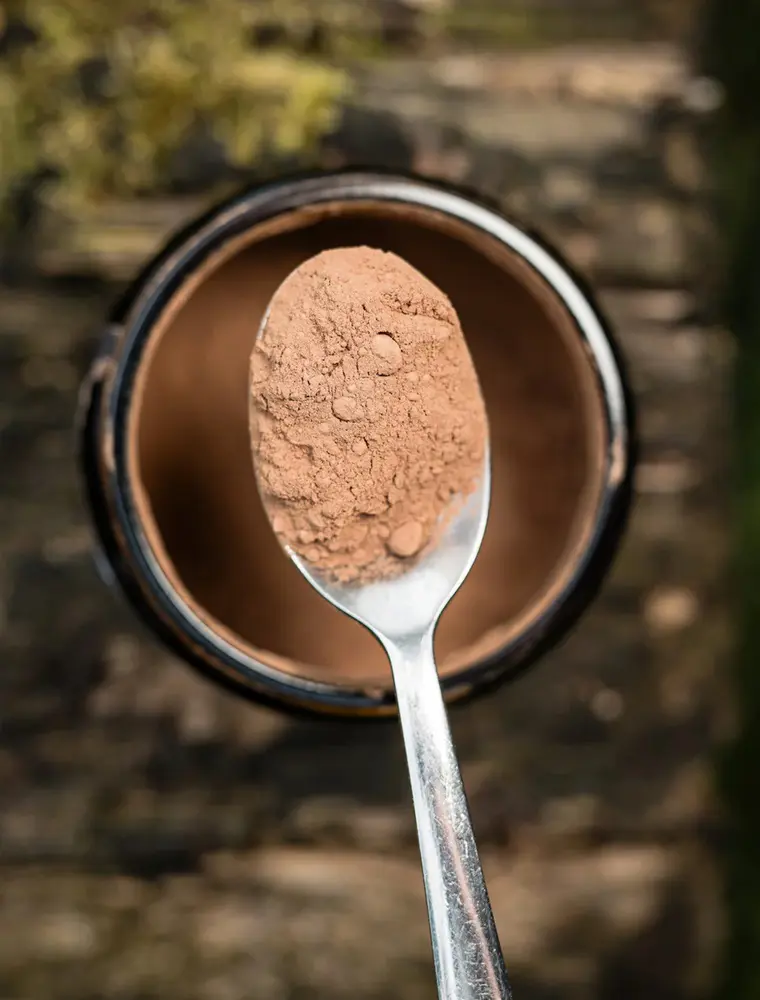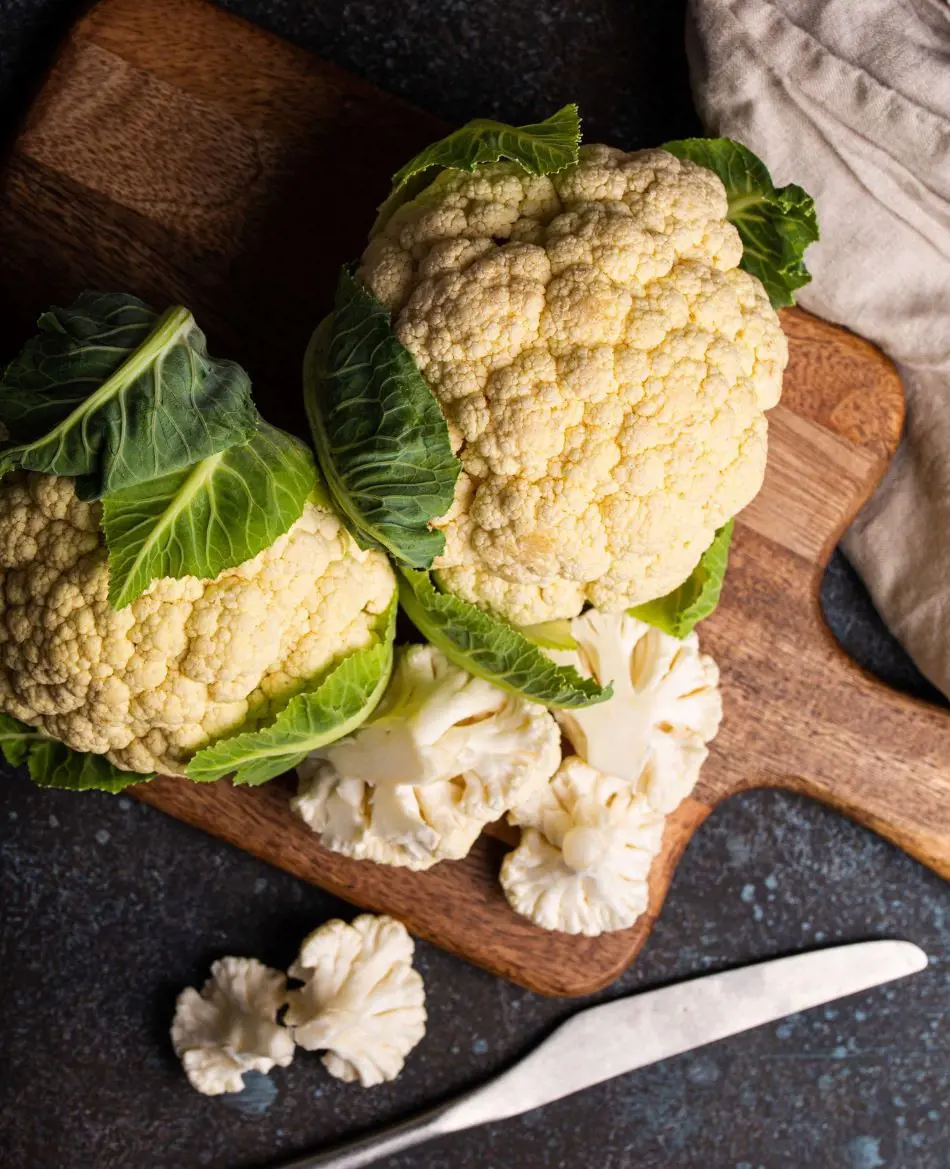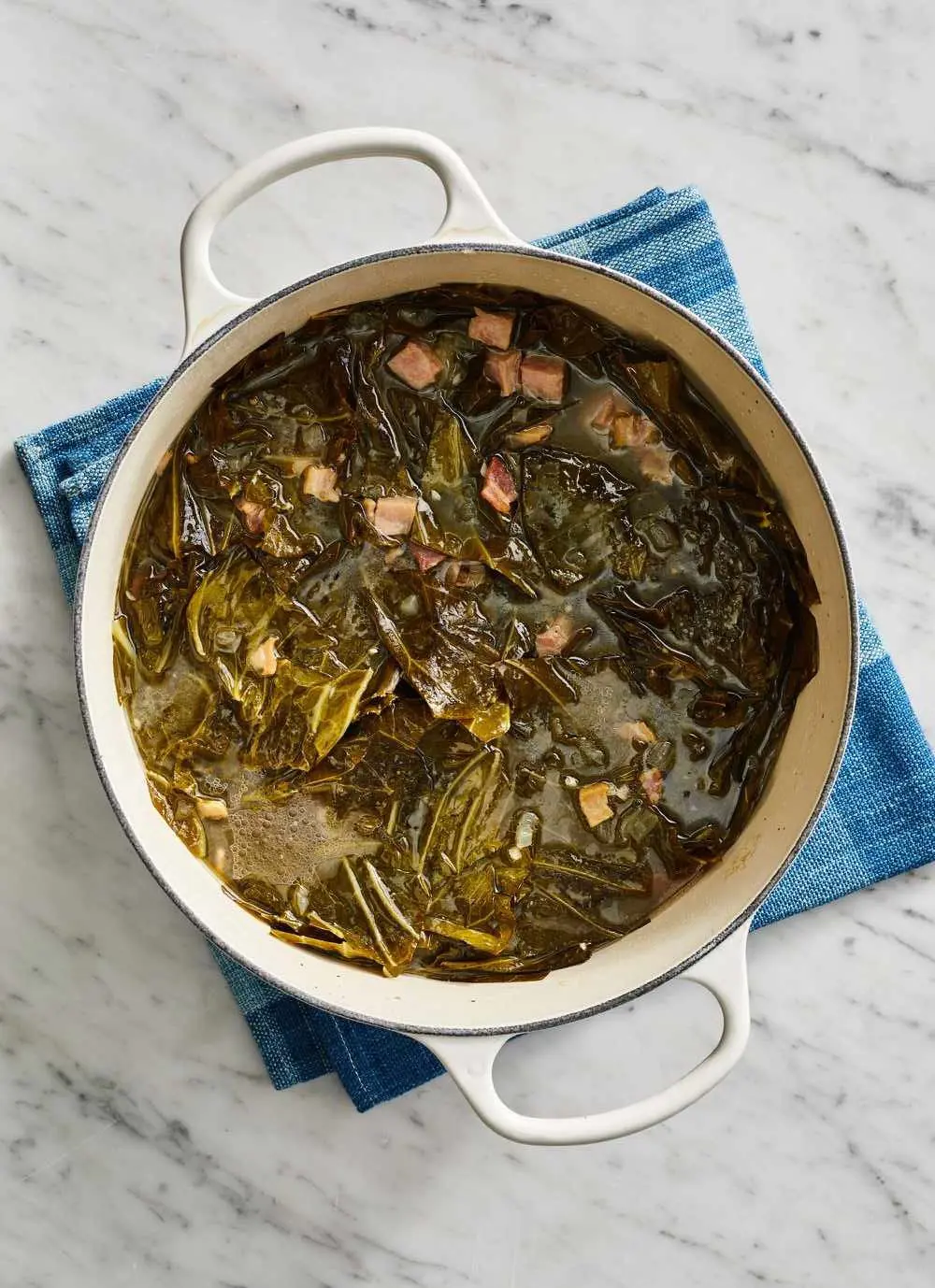15 Turkey Tail Mushroom Benefits and Side Effects

Turkey tail mushroom, scientifically known as Trametes versicolor or Coriolus versicolor, is a type of fungus that grows on dead logs and tree stumps. Its name derives from its colorful, fan-shaped appearance that resembles a turkey’s tail.
Turkey tail mushrooms have been used for centuries in traditional Chinese and Japanese medicine due to their purported health benefits. Modern research is beginning to substantiate these traditional uses, highlighting their potential to support the immune system and fight various diseases.
Health Benefits of Eating Turkey Tail Mushroom
Turkey tail mushrooms are packed with bioactive compounds that offer a variety of health benefits. Here are 15 notable benefits:
1. Immune System Enhancement
One of the most significant benefits of turkey tail mushrooms is their ability to enhance the immune system. They contain polysaccharopeptides, particularly Krestin (PSK) and Polysaccharide Peptide (PSP), which are powerful immune system modulators.
These compounds stimulate various immune cells, including T-cells and natural killer cells, enhancing the body's ability to fight infections and diseases. Research has shown that PSK can boost the immune response and is used as an adjunct treatment for cancer in Japan.
2. Rich in Antioxidants
Turkey tail mushrooms are rich in antioxidants such as phenols and flavonoids, which help neutralize free radicals in the body. Free radicals can cause oxidative stress, leading to cell damage and an increased risk of chronic diseases like cancer and heart disease.
By reducing oxidative stress, these antioxidants help protect cells, supporting overall health and longevity.
3. Cancer-Fighting Properties
The polysaccharopeptides PSK and PSP found in turkey tail mushrooms have shown promise in cancer treatment. These compounds can inhibit the growth of cancer cells and enhance the effectiveness of conventional cancer treatments like chemotherapy and radiation.
Studies have shown significant benefits in treating gastric, breast, and colorectal cancers. PSK, in particular, has been used as a cancer treatment in Japan for over 30 years, highlighting its potential in oncology.
4. Promotes Gut Health
Turkey tail mushrooms act as a prebiotic, supporting a healthy gut microbiome by promoting the growth of beneficial bacteria. A balanced gut microbiome is crucial for digestion, nutrient absorption, and overall gastrointestinal health.
Consuming turkey tail mushrooms can help reduce gastrointestinal issues such as bloating and constipation, contributing to better digestive health.
5. Anti-Inflammatory Benefits
The bioactive compounds in turkey tail mushrooms have potent anti-inflammatory properties. Chronic inflammation is a contributing factor to many diseases, including arthritis, inflammatory bowel disease, and asthma.
By reducing inflammation, turkey tail mushrooms can help manage these conditions and improve overall health.
6. Antimicrobial Activity
Turkey tail mushrooms possess antimicrobial properties that can help combat infections caused by bacteria, viruses, and fungi. This makes them useful in preventing and treating various infections, including those resistant to antibiotics.
The antimicrobial activity of turkey tail mushrooms can be particularly beneficial in a healthcare setting where antibiotic resistance is a growing concern.
7. Supports Liver Health
The liver plays a critical role in detoxifying the body, and maintaining its health is essential. Turkey tail mushrooms support liver function and protect against liver damage by reducing inflammation and oxidative stress.
This can be particularly beneficial for individuals with liver conditions or those who consume alcohol regularly, helping to maintain liver health and function.
8. Cardiovascular Health
By reducing inflammation and oxidative stress, turkey tail mushrooms can help lower the risk of cardiovascular diseases. They can improve blood lipid profiles, reduce arterial plaque buildup, and enhance overall heart health.
The antioxidants in turkey tail mushrooms contribute to the maintenance of healthy blood vessels and circulation, further supporting cardiovascular wellness.
9. Boosts Energy and Stamina

Some research suggests that turkey tail mushrooms can enhance physical stamina and energy levels. This makes them beneficial for athletes and individuals suffering from chronic fatigue.
By improving oxygen utilization and reducing fatigue during physical activities, turkey tail mushrooms can help enhance performance and endurance.
10. Enhances Skin Health
The antioxidants and anti-inflammatory properties of turkey tail mushrooms can improve skin health by reducing oxidative stress and inflammation. This can help with conditions like acne, eczema, and other skin disorders, promoting a clearer and healthier complexion.
Regular consumption of turkey tail mushrooms may contribute to more youthful and resilient skin.
11. Supports Respiratory Health
Traditionally used to treat respiratory conditions, turkey tail mushrooms can enhance immune function and reduce inflammation in the respiratory tract. This makes them beneficial for managing chronic bronchitis, asthma, and other respiratory issues.
By supporting the respiratory system, turkey tail mushrooms help maintain clear airways and improve breathing.
12. Cognitive Function and Brain Health
Emerging research indicates that turkey tail mushrooms may help protect against neurodegenerative diseases such as Alzheimer’s and Parkinson’s. Their anti-inflammatory and antioxidant properties can reduce brain inflammation and oxidative stress, promoting better cognitive function.
These mushrooms may play a role in preserving memory and mental clarity as one age.
13. Aids in Weight Management
Turkey tail mushrooms can aid in weight management by supporting a healthy gut microbiome and improving digestion. They help regulate metabolism, reduce fat accumulation, and prevent obesity-related complications.
Incorporating turkey tail mushrooms into a balanced diet can assist in maintaining a healthy weight and preventing metabolic disorders.
14. Supports Bone Health
The anti-inflammatory properties of turkey tail mushrooms can help maintain bone health by reducing inflammation that leads to bone loss. This can be particularly beneficial for individuals at risk of osteoporosis or other bone-related conditions.
By supporting the body's natural bone remodeling processes, turkey tail mushrooms contribute to stronger and healthier bones.
15. Improves Mood and Reduces Stress
Turkey tail mushrooms possess adaptogenic properties, which can help the body manage stress and improve mood. Adaptogens are known for their ability to balance stress hormones and promote a sense of well-being.
Consuming turkey tail mushrooms may aid in the treatment of depression and anxiety, helping individuals cope with the challenges of daily life more effectively.
Side Effects of Turkey Tail Mushroom

While turkey tail mushrooms are generally considered safe for most people, some potential side effects include:
Digestive Issues
Some individuals may experience mild digestive discomfort, such as bloating, gas, or diarrhea, especially when starting supplementation. It's advisable to begin with a small dose and gradually increase to minimize these effects.
Allergic Reactions
Although rare, allergic reactions can occur. Symptoms may include itching, rash, or difficulty breathing. If any of these symptoms arise, discontinue use and seek medical attention immediately.
Interference with Autoimmune Diseases
Due to its immune-stimulating properties, turkey tail mushrooms may not be suitable for individuals with autoimmune diseases, as it might exacerbate the condition. People with autoimmune disorders should consult a healthcare provider before using this supplement.
Interactions with Medications
Turkey tail mushrooms can interact with certain medications, including immunosuppressants and chemotherapy drugs. It is crucial to consult a healthcare provider if you are on any medication to avoid adverse interactions.
Pregnancy and Breastfeeding
There is limited research on the safety of turkey tail mushrooms during pregnancy and breastfeeding. It is best to avoid use during these periods unless advised by a healthcare professional. Consulting with a healthcare provider can provide personalized guidance based on individual circumstances.
How Much Turkey Tail Should I Take?

The appropriate dosage of turkey tail mushroom can vary depending on factors such as age, health condition, and the form in which the mushroom is consumed (e.g., raw, powder, extract). Generally, the following guidelines are suggested:
- Capsules or Tablets: 2-3 grams per day
- Powdered Form: 1-2 teaspoons per day
- Tea or Decoction: 1-2 cups per day, using 2-3 grams of dried mushroom per cup
It’s advisable to start with a lower dose and gradually increase it, monitoring your body's response. Consulting a healthcare professional before starting any new supplement regimen is always recommended.
Recent posts
Nutrition
Nutrition
Licorice Root: Benefits And Uses
You can spell it liquorice or licorice; this herb or root has been in use for centuries in most medicinal applications, as a natural sweetener and to enhance flavors. Regarding its origins, it comes from the root of the "Glycyrrhiza galbre" plant and...
Nutrition
Is Salmon Good For You? Nutritional Facts and Benefits
Salmon fish is a staple diet throughout the world, popular as a super food for its nutrients. Whether savored in sushi, poached, grilled, roasted, or pan-fried, salmon offers minerals and vitamins that contribute to healthy bodily functions. In addit...
Nutrition
25 Smoked Salmon Recipes That You Will Enjoy
Salmon is a silver-colored fish that is loaded with many nutrients, vitamins, and omega-3 fatty acids. Smoked Salmon is better for improving your health and reducing the risk of cancer, heart-related diseases, fights inflammation, reduces anxiety and...
Nutrition
Are Sausages Healthy? Nutrition And Health Benefits
Sausages are tasty in an addictive way, making them one of the most popular foods worldwide. You may have enjoyed this convenient food often, whether on a bun with mustard or grilled on a barbecue, the simple preparation methods are what makes its co...
Nutrition
20 Vegetables That Are Rich In Iron
Iron is essential for our bodies to function well. When we don't get enough iron, we often feel weak and tired. It's important to address iron deficiency early by eating the right foods. Fortunately, many vegetables are rich in iron and can help prev...
Nutrition
15 Cauliflower Nutrition Facts And Health Benefits
Cauliflower, a cruciferous vegetable, resembles a white variation of its relative, broccoli. Like broccoli, it has closely bunched florets attached to a thick core, often surrounded by a few leaves. While white is the most common color, cauliflower i...







